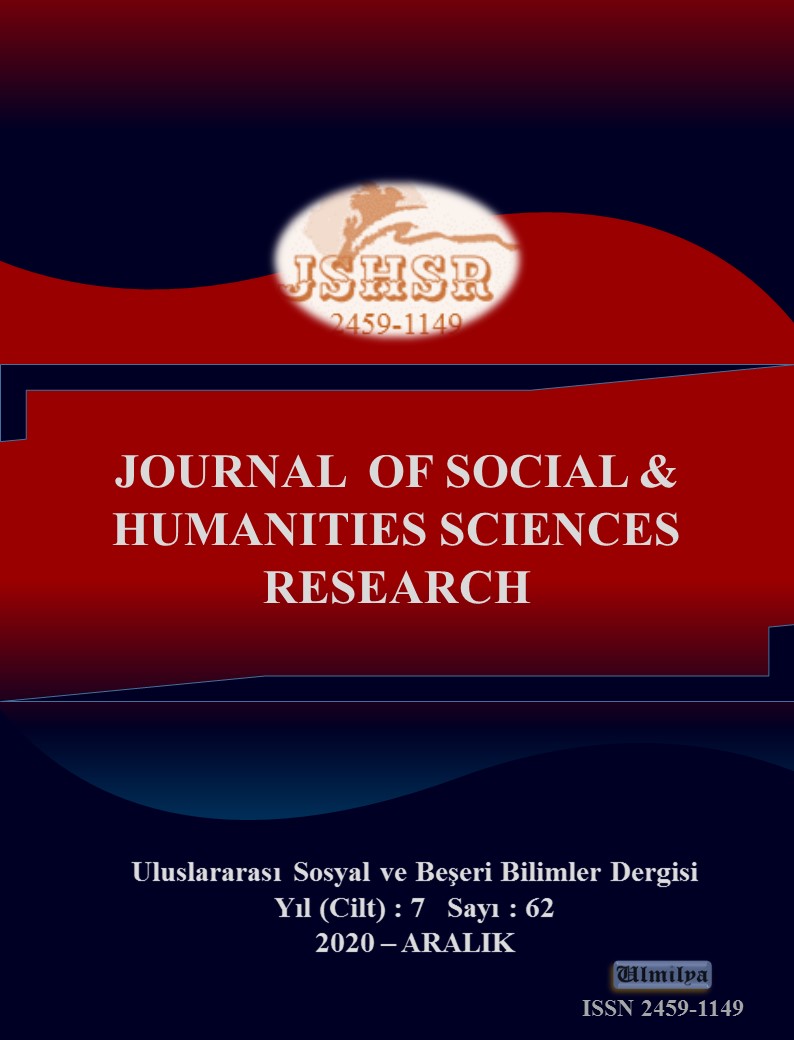THE RELATIONSHIP BETWEEN POLITICS AND ECONOMY IN TURKEY FROM THE PERSPECTIVE OF STATIST ECONOMY
DOI:
https://doi.org/10.26450/jshsr.2198Keywords:
Politics, Economy, Turkish Political Life, Statist EconomyAbstract
Politics-economy relations involve highly complex and reciprocal processes that affect each other. Since it is unquestionable that the variables of politics affect economic variables, as well as economic performance, is one of the determinants of politics. In addition, the qualities of these two institutions determine the profile of the relationship. Based on this argument, the study which focuses on the relationship between politics and economics in Turkey, aims to reveal the effects and roles of statist economy understanding and practices in the relationship between politics and economics. Therefore, from the foundation of the Republic to the radical paradigm change in the economy in 1980, the emergence, development, and transformation of the statist understanding of economy are discussed in specific periods, together with the occurrences of political life. Considering the fact that the relationship between politics and economics do not draw a continuity or consistent profile and is shaped by the political actors according to the socio-economic conjuncture of Turkey, this study aims to present that the political area shapes the economy within the context of aim-means, however, the economy also limits or frees the politics in the processes of power-sharing. After all, it is stated that the statist economy is adopted according to whether the goals of political power and the requirements of the conjuncture are available and that its implementation undermines pluralism in power-sharing processes
Downloads
Published
How to Cite
Issue
Section
License
Copyright (c) 2020 INTERNATIONAL JOURNAL OF SOCIAL HUMANITIES SCIENCES RESEARCH

This work is licensed under a Creative Commons Attribution 4.0 International License.


